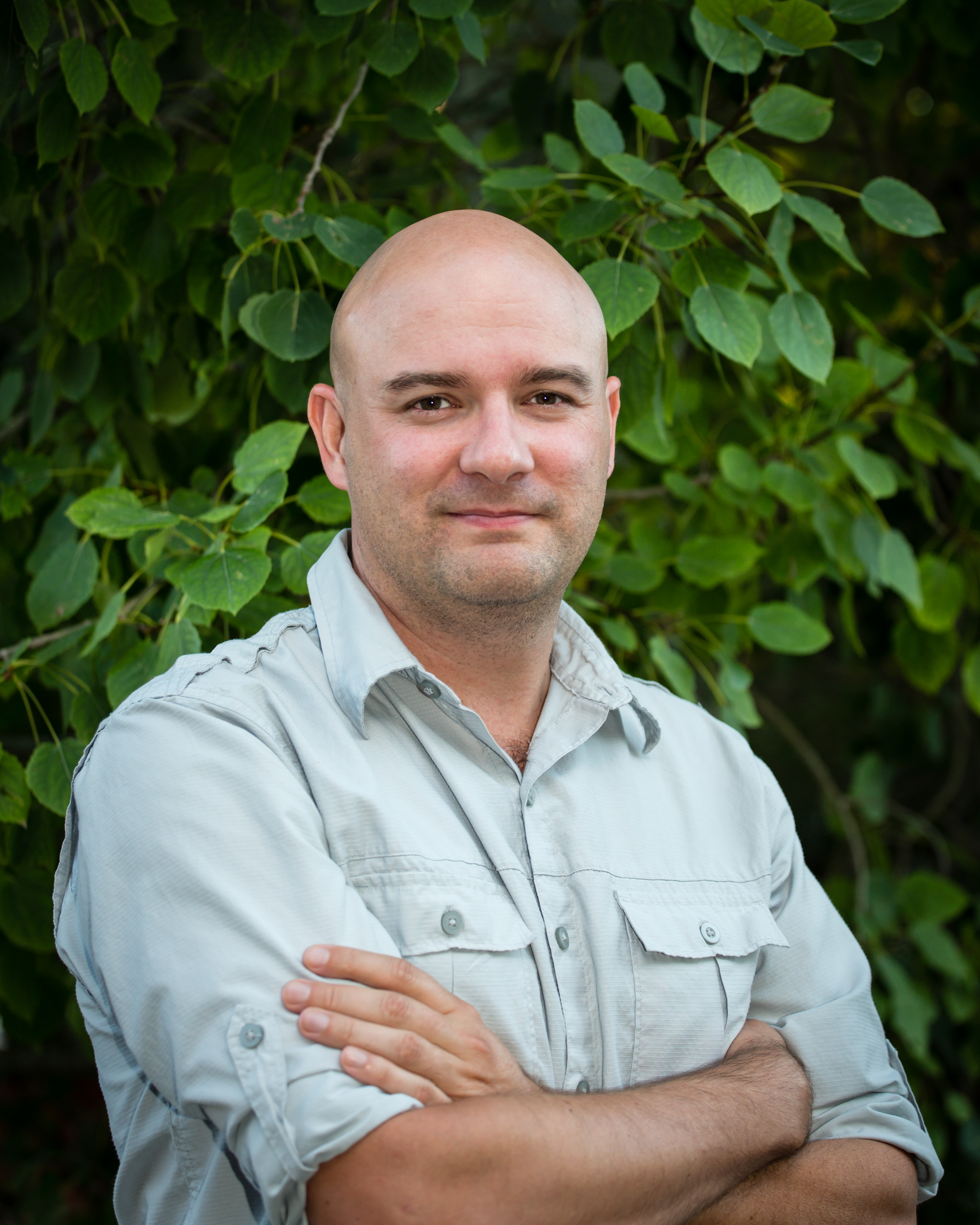The traffic coming to this site has never been heavier, and Google’s metadata reveals that it’s a wonderful reflection of my “split” life: about half the folks coming here are brought by my fiction work — mostly the Shards of Heaven novel series — while the other half are brought by my academic work — mostly my casebooks of medieval history.
That said, I realized last night that the posts on the website have, for the most part, largely highlighted happenings in my fiction life: cover reveals, book releases, appearances, and such. I think this is mostly because I tend to talk a lot about medieval things in other social media outlets: I tweet a fair amount (follow me @medievalguy!), and I also write a lot of popular audience columns for Tor.com that can get upwards of 50,000 page views … which is a great many more than I can reach through here!
Still, I was thinking about my negligence in talking medieval hereabouts because of an exchange with a colleague of mine, who only yesterday saw (in an advertising flier) the great news that I announced in social media streams but never posted about here on the website (in which case, as a subscriber to my feed, she would have seen it).
So here, belatedly, is that news:

At the most recent annual conference of the international Society for Military History (SMH), Kelly DeVries and I received the 2017 Distinguished Book Award for The Battle of Crécy: A Casebook (Liverpool University Press, 2015). This is the highest prize of a massively prestigious gathering of military historians, and to receive it was an enormous honor that left me completely speechless in the event. (I know! How often does that happen?)
What I would have said, though, and I’ll say it here, is that Kelly and I are intensely aware of how much we share such accolades with those who helped support both the Casebook itself and the career turns it took to get to it.
I think any medievalist would agree that one of the great delights of studying the Middle Ages is working with amazing colleagues across the world. In fact, I’m writing this post from an event designed to foster such connections: the International Congress on Medieval Studies, which is annually hosted by the Medieval Institute in Kalamazoo, Michigan.

I earned my first Masters degree here, so attending Congress always has a feel of homecoming. More importantly, though, events like this can also be deeply illuminating and interesting for the opportunities they afford to exchange information and ideas with colleagues across the world. It’s a kind of laboratory for the sharing of intellectual labor, and medieval colleagues are an incredibly kind and generous lot (even when we get into arguments about the pull-weight of a longbow or the finer interpretations of Duns Scotus).
Early versions of some of the more shocking findings that Kelly and I discovered about Crécy — the battle wasn’t fought where everyone thought it was, the Black Prince was captured, etc — were presented at conferences like this one. Not only did this allow us to keep a finger on the pulse of scholarly reaction, but it also gave us helpful checks on some of the more difficult pieces of evidence we uncovered. In addition to all that, years of attending conferences like this enabled us to build the vast network of resources we needed to pull off a project as large and complicated as the Crécy Casebook.
Kelly and I have our names on the cover, you see, but there are significant contributions from other scholars within: translations from languages like Welsh and Czech that are beyond our abilities, or in-depth looks at aspects of the French or Italian sources that draw on pools of knowledge that we simply don’t have. The book is a culmination of a full team of incredible scholars coming together to carry knowledge further than any of us could have managed alone.
So thank you, contributors.
And thank you, too, my many medieval friends around the world. Your insights and investigations never cease to amaze me, and I’m honored to raise a beer (or cheap white wine down at Valley III) with you again this year.

